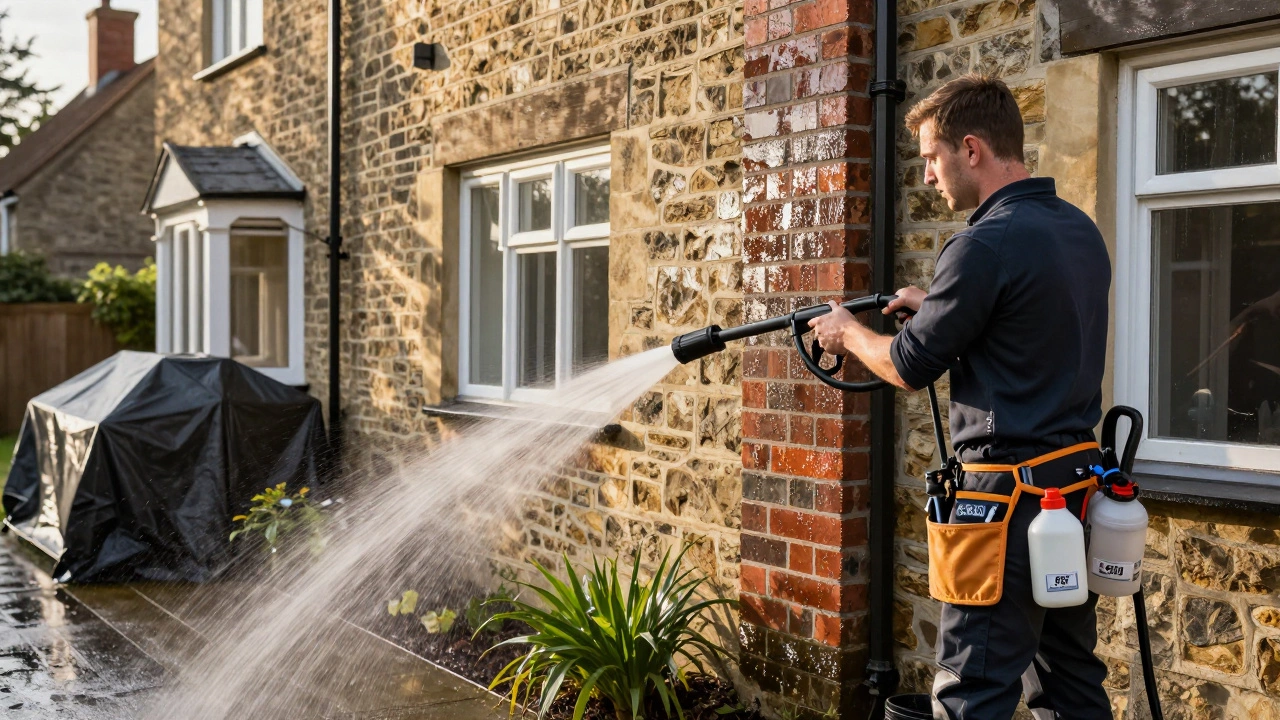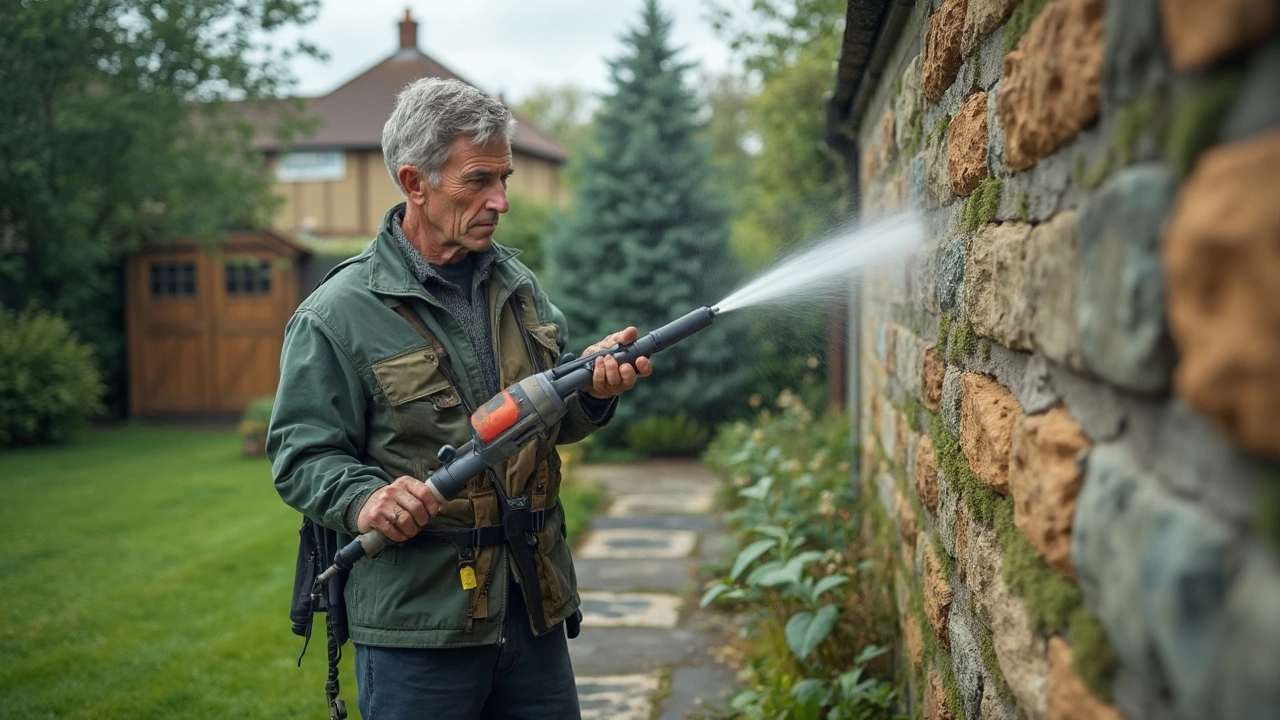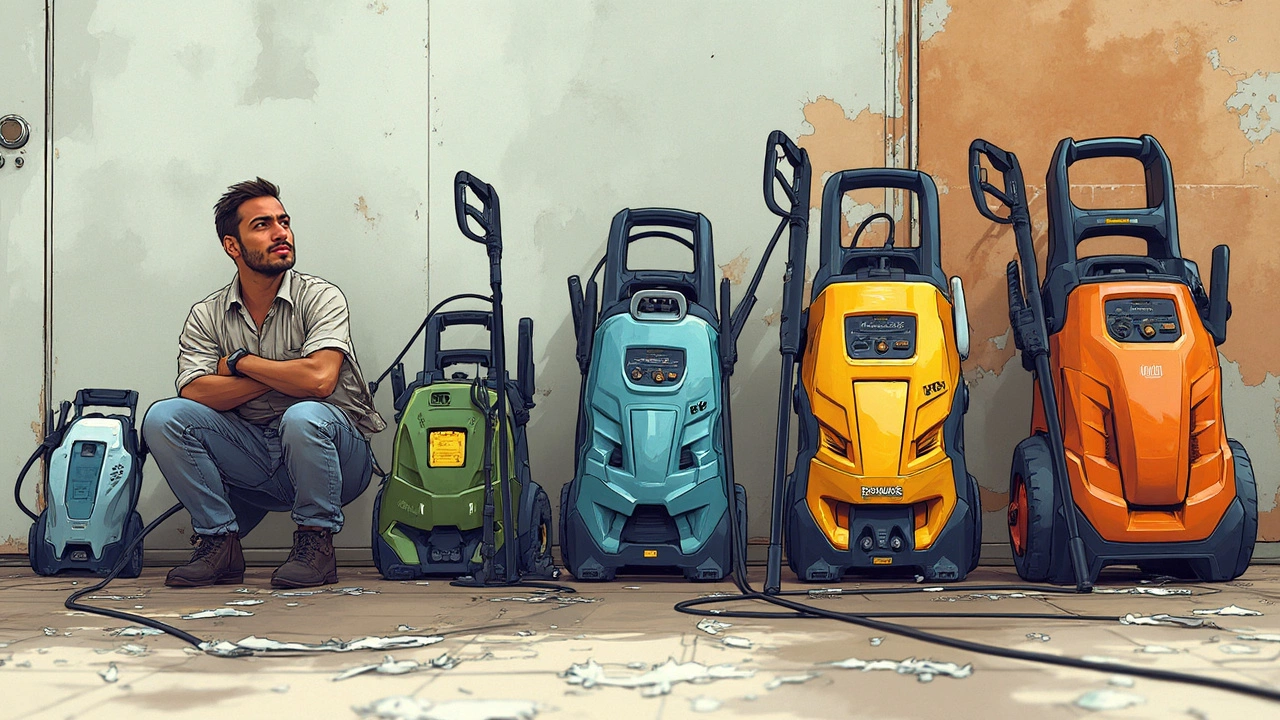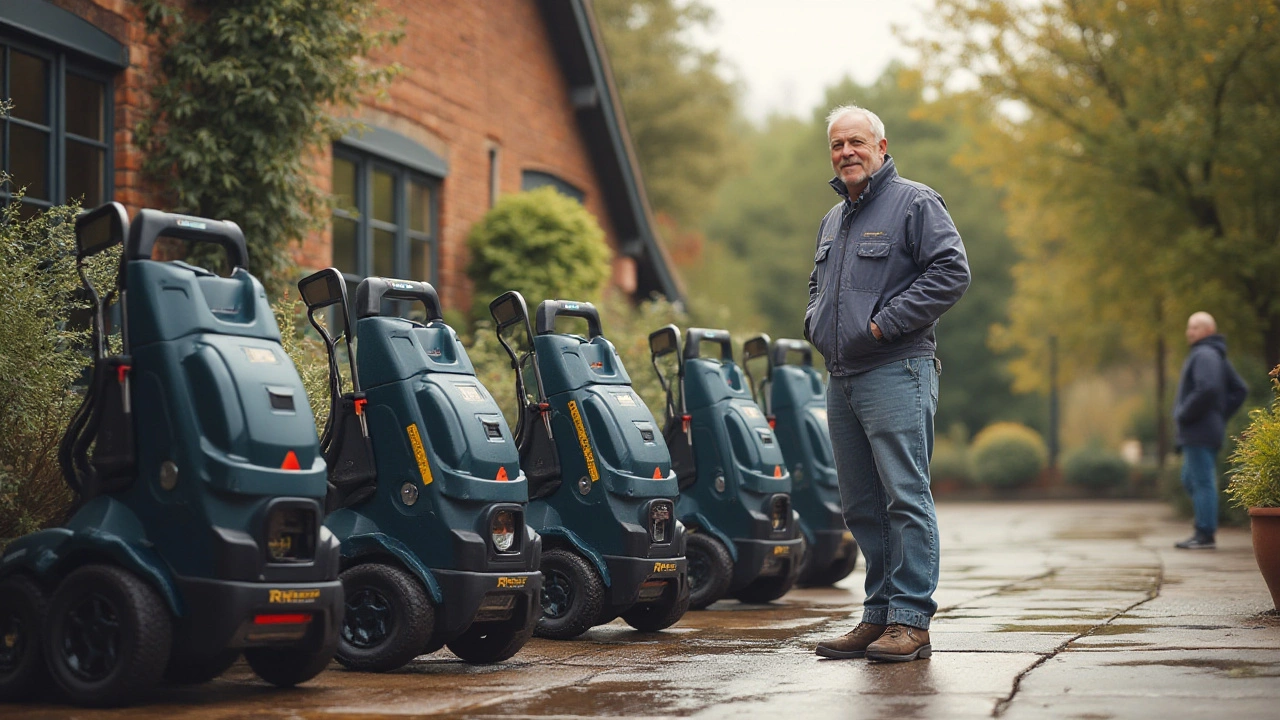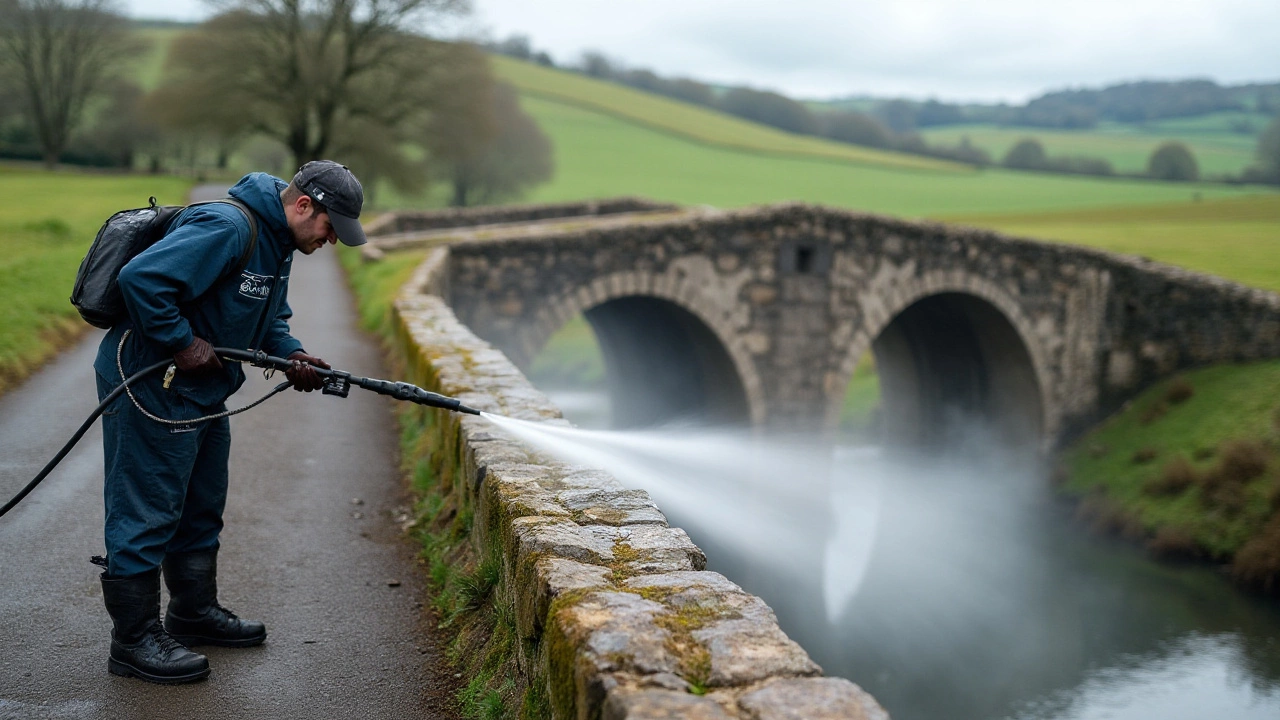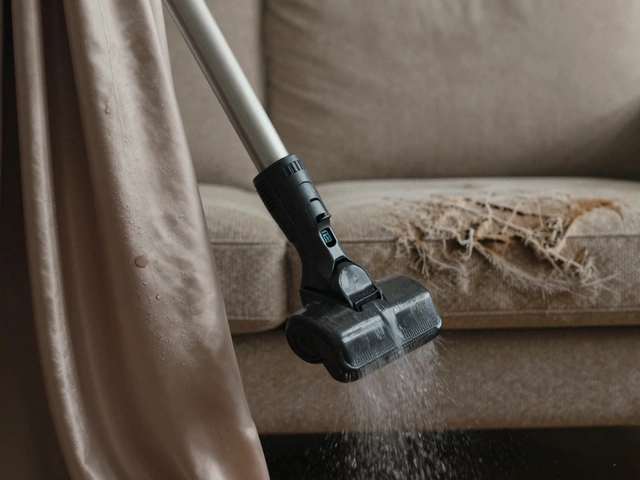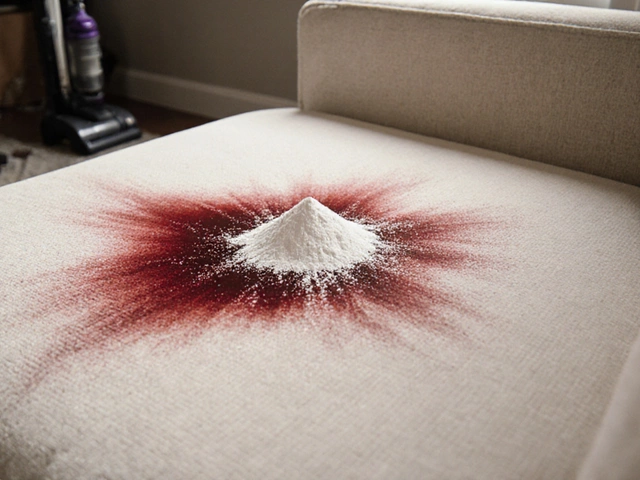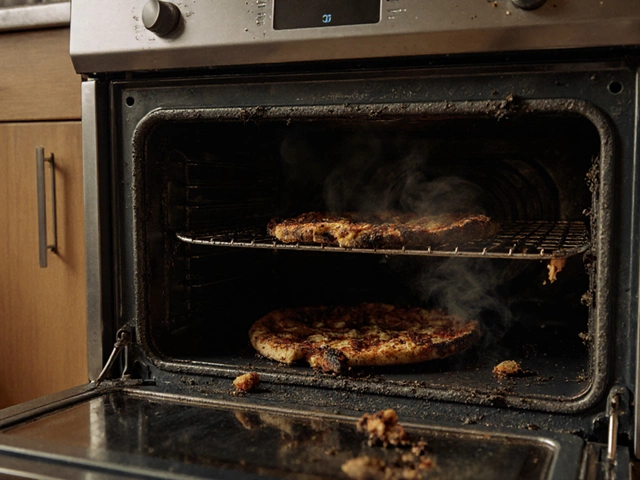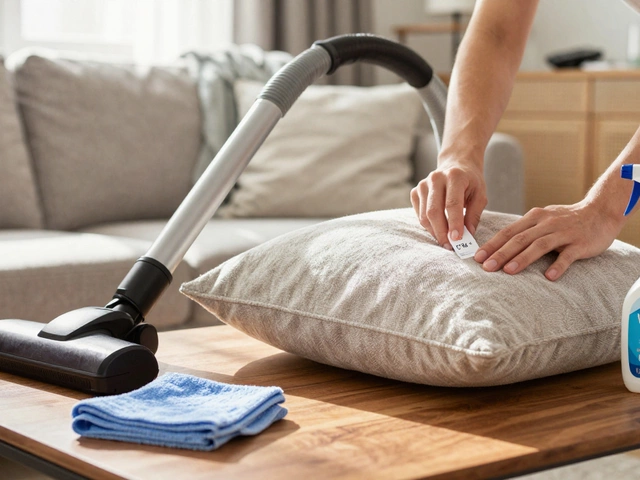Pressure Washer: How It Works, Costs and Business Tips
When you hear pressure washer, a high‑pressure water‑spray device used to blast away stubborn grime from driveways, decks, siding and other exterior surfaces. Also known as power washer, it lets anyone clean tough stains in minutes instead of hours. This tool pressure washer is the backbone of many home‑maintenance projects and also the core service for a thriving pressure washing business, a service that offers exterior cleaning for residential and commercial clients. To run that business successfully you need the right pressure washing equipment, machines, hoses, nozzles and safety gear that match the job’s pressure requirements. Understanding how these pieces fit together is the first step toward clean results and steady profit.
Key concepts that tie everything together
A solid pressure washing quote hinges on three attributes: surface area, soil type and pressure level. Measuring the square footage, estimating the level of oil, moss or rust, and choosing the correct PSI (pounds per square inch) give you a realistic price. That quote, in turn, influences the profitability of the pressure washing business because it determines labor time and equipment wear. In practice, a clear quote builds trust with homeowners and helps you plan the next job without guesswork.
Another important link is between equipment and safety. High‑pressure water can damage paint, windows or even cause injuries if not handled correctly. Using the right nozzle, wearing goggles and setting the machine to the appropriate pressure for the material are safety steps that protect both the user and the property. These precautions are part of the broader exterior cleaning, the overall process of removing dirt, algae, graffiti and other contaminants from a building’s outer surfaces. When you combine proper equipment, accurate quoting and safety, the whole operation runs smoother.
Many people wonder whether a pressure washer is always the best choice. Some surfaces, like delicate stone or old wood, respond better to low‑pressure surfactants or manual scrubbing. Knowing when to switch to a gentler method not only preserves the material but also saves you from costly repairs. This knowledge ties back to the quote: if a job requires a special technique, you adjust the price accordingly and explain the benefit to the client.
For anyone thinking of turning a hobby into a full‑time venture, the startup costs are surprisingly manageable. A reliable entry‑level machine ranges from £200 to £500, while professional‑grade units start around £1,500. Add the cost of a few quality nozzles, a hose reel and basic PPE, and you have a budget that fits most small‑business plans. Pair that with a simple quoting template, and you can start bidding on jobs within weeks.
Marketing a pressure washing service also follows a clear pattern: showcase before‑and‑after photos, collect quick testimonials, and offer a limited‑time discount for first‑time customers. These tactics boost visibility and help you stand out in a crowded local market. When prospects see a clean driveway beside a dirty one, the decision to hire becomes almost automatic.
Finally, maintenance of the equipment itself is a hidden profit driver. Flushing the pump after each job, checking for worn seals and storing the machine in a dry place extend its lifespan dramatically. A well‑maintained unit reduces downtime and avoids unexpected repair bills, keeping the cash flow steady.
Below you’ll find a curated collection of articles that dive deeper into each of these topics – from DIY quoting worksheets to full guides on launching a pressure washing business and choosing the perfect equipment for every job.
